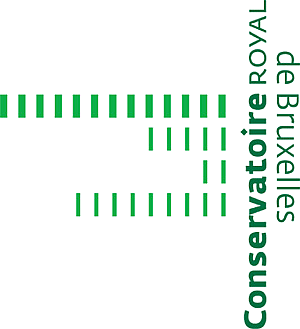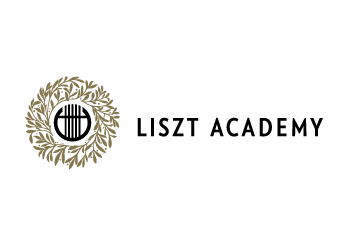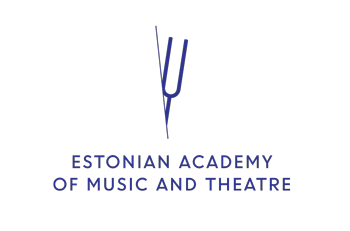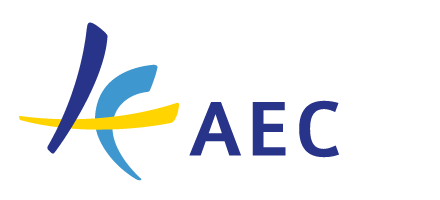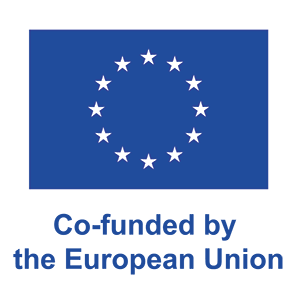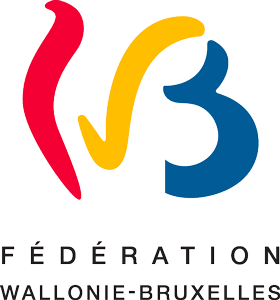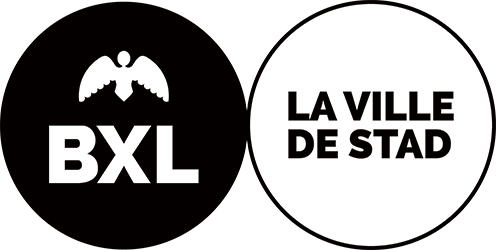Further information
-
assessment
Exam with grade E , Semester grade S -
level
-
 Completed Semester8
Completed Semester8 -
How many semesters does the course last?
4 -
hours per week
1 hour the course, 1 hour the seminar -
 Link of the course
Link of the course -
 Target group of courseInstrumentalists, advanced
Target group of courseInstrumentalists, advanced -
 credits2
credits2 -
 Type of CourseLecture, Seminar
Type of CourseLecture, Seminar -
Degree Level
-
Course
Select -
students #
6-15 students -
Hours per year
52 -
BIBLIOGRAPHY
Bent, Ian; Drabkin, William, L'Analyse Musicale / Traduit de l'anglais par Annie Coeurdevey et Jean Tabouret; Collection dirigee par Jean-Michel Bardez et Andree Riotte, Éd. Main d'oeuvre, Nice, 1998 Caplin, William E., Classical Form, A Theory of Formal Functions for the Instrumental Music, of Haydn, Mozart, and Beethoven, Oxford University Press, New York - Oxford, 1998 Cook, Nicholas, A Guide to Musical Analysis, George Braziller, New York, 1987 Comes, Liviu, Lumea polifoniei, Editura Muzicală, București, 1984 Comes, Liviu, Tratat de Contrapunct vocal și instrumental, Editura Muzicală, București, 1986 Duțică Gheorghe; Duțică, Luminița, Conceptul ritmic și tehnica variațională, Editura Artes, Iași, 2004 Timaru, Valentin, Analiza muzicală între conștiința de Gen și conștiința de Formă, Editura Universității Oradea, 2003 Toduță, Sigismund, Formele muzicale ale Barocului în operele lui J. S. Bach, vol. I (1969), vol. II (1973), vol. III (1978), Editura Muzicală, București Vasiliu, Laura, Articularea și dramaturgia formei muzicale în epoca modernă (1900-1920), Editura Artes, Iași, 2002 Vasiliu, Laura, Formă, stil, personalitate. Studii de muzicologie, Editura Artes, Iași 2007 Vasiliu, Laura, Întrepătrunderea principiilor de formă. Curs de analiză muzicală, Editura Artes, Iași, 2007 Voiculescu, Dan, Fuga în creația lui J. S. Bach, Editura Muzicală, București, 2000 -
ONLINE CATALOGUE
WITH CONTENTS -
evaluation grid
-
evaluation grid
and document - Document
Teacher(s)
Gabriela Vlahopol
current position
Assistent professor, Head of Theoretical Music Studie Department
Institution
National University of Arts George Enescu IASI
Be a part of our european project !
This European project (KA 203 Strategic Partnership) created by Salvatore Gioveni promotes cross-border collaboration in the field of Music Theory through sharing knowledge and transferring pedagogical innovation. It thus responds to a lack of centralised source and framework to deepen reflection by means of cross-disciplinary study at European and international level.
There is a significant wealth of educational practices from one country to another in this sector, especially in terms of harmonic musical notation and analysis. However, HMEI's are facing the nonexistence of a European network for pedagogical staff in Music Theory so far. To improve the situation, the project will among other things develop several intellectual outputs such as Online Platform (IO 1), an EU Bibliography (IO 2), a Repository Courses (IO 3), a Multilingual Glossary (IO 4) and an Exchange Online Learning Platform.
Besides the Conservatoire royal de Bruxelles as leader and manager of the project, the following partner institutions are involved: Music Academy S. Moniuszki Gdańsk (Gdańsk, Poland), F. Liszt Academy of Music Budapest (Budapest, Hungary), Estonian Academy for Music and Theatre (Tallinn, Estonia), HfMTh "Felix Mendelssohn Bartholdy" (Leipzig, Germany).
 | 2024
| 2024
